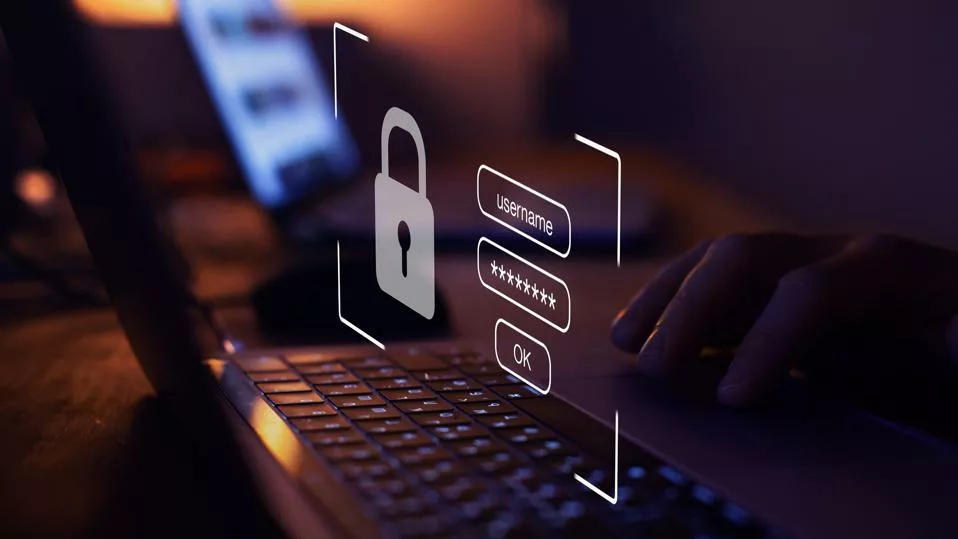Security risks threaten everyone if you run a small business or manage a large organization. A prevalent misunderstanding for small businesses is the notion of security via obscurity, or that your company needs to be bigger to be a target, however, this is not the case. For large organizations, having awareness and precautions in place is key to combatting these risks.
Let’s break down where to begin when it comes to analyzing security risks for your business. An
online free VPN is a great asset to have, but there is more to consider when it comes to cybersecurity.

Small businesses versus large organizations
As criminals’ attacks become more automated, they can target hundreds, or even thousands, of small businesses at once. Small businesses frequently have weaker technological defenses, less awareness of dangers, and less time and resources to devote to cybersecurity. As a result, they are a more appealing target for hackers than larger enterprises.
However, they are not any less lucrative targets. Even the smallest businesses can deal with enormous sums of money or have access to vast amounts of consumer data, which they are required to protect under legislation such as GDPR. Small businesses frequently collaborate with larger organizations, therefore they might be utilized by hackers to target those businesses.
Moreover, businesses that suffer security breaches can face large fines, as well as the possibility of significant brand damage. As a result, cybersecurity is an important business concern for small, medium, and large organizations, as well as their customers.
The impact of a cyber attack on your business
Security breach consequences can be classified into three categories: financial, reputational, and legal.
Financial – Cyber attacks frequently result in significant financial loss due to theft of corporate information, theft of financial information (such as bank account or payment card credentials), theft of money, interruption to trading (such as an inability to conduct online transactions), and loss of clientele or contract.
Reputational – A customer connection cannot exist without trust. Cyber attacks can harm your company’s brand and diminish your customers’ trust in you. This, in turn, has the potential to result in customer dissatisfaction, claims for compensation, and profit reduction due to sales loss.
Legal – Data protection laws require you to maintain the security of all personal data you have on your customers or employees. If personal data is compromised accidentally or on purpose, and you fail to implement suitable security measures, you may face penalties and regulatory punishments.
Taking on the triage
Examining your business’s cybersecurity risks is similar to assessing any other potential losses that your organization can face. When it comes to risk assessment, the two most important variables are evaluating the probability of the risk and weighing the effect of the event if it does occur.
The risk assessment process should help you gain a better knowledge of your prospective threats so you can take the necessary steps to control, prevent, reduce, and mitigate them.
Data audits
The global average cost of data breaches is $3.9 million, according to IBM’s Cost of a Data Breach 2020 Report. Data breaches are by far the most expensive types of cyberattacks because a company’s data is one of its most precious assets. This is why performing a data audit is an important step to take in assessing your business’s security risks.
These are some of the critical questions that must be addressed during the data auditing process:
- What kind of data do you gather?
- How and where do you keep it?
- How well is it safeguarded?
- Who has access to this information?
- What are the possible ramifications of this data being compromised?

Create awareness
Most criminals are well aware that businesses employ security professionals, which is why many attempts to commit cybercrime by deceiving less-knowledgeable personnel of your organization into granting them access to your network and systems. This is referred to as a phishing scam or “social engineering”.
The best approach to avoid these types of scams is to educate employees about cybersecurity and invest in their knowledge so that when they do receive these types of phishing emails, they can identify them as potential security dangers.
Cyber hygiene
Good cyber hygiene entails a set of daily routines and habits that seek to keep your business’s cyber health as good as it can be. This necessitates the implementation of processes that your team will adhere to, but to do so, you must first educate everyone in your business about cybercrime.
Remember that these routines and habits will be more easily embraced if the individuals who must perform them understand why they are serving them. Having a plan in the event your business does face a data breach is important, but it is ideal to avoid being in such a position in the first place. That is why investing time and money in cybersecurity education for your workforce cannot be understated.